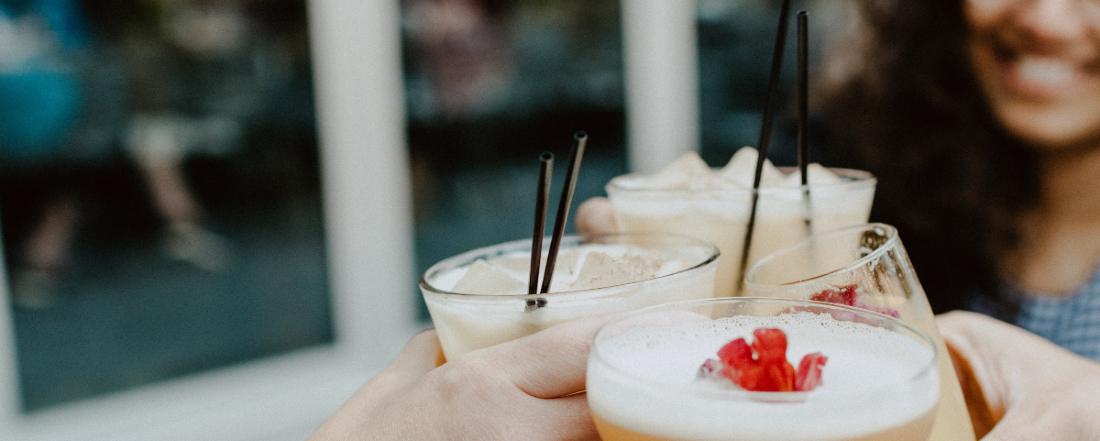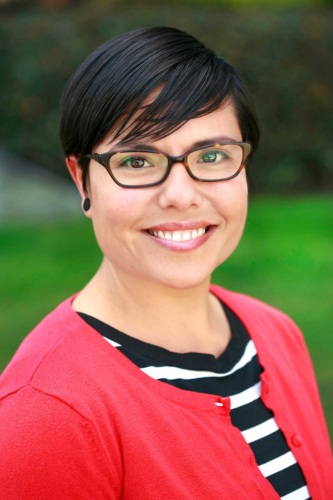
In the News
Alcohol Is the Breast Cancer Risk No One Wants to Talk About
- Wired
-
Focus Areas
Women, Youth & Children -
Issues
Alcohol, Cancer -
Programs
Alcohol Research Group

As October ushers in National Breast Cancer Awareness Month, the social media campaign Drink Less for Your Breasts stands out like a red flag against a cheerful tide of pink ribbons, especially the ones printed on labels of alcoholic beverages. This is the time of year when some craft brewers tint their beer pink, and rosé bottles and cocktail menus display the iconic ribbon, touting companies’ donations to breast cancer organizations. Drink Less for Your Breasts reminds women that alcohol actually contributes to breast cancer risk.
The Drink Less campaign is funded by the California Breast Cancer Research Program, a state program funded by a tobacco tax and donations. In 2019, its policy research advisory group decided to target awareness of alcohol as a risk factor for breast cancer in young women. They requested a bid for a project from Peggy Reynolds, a cancer epidemiologist at UC San Francisco, and she reached out to the Alcohol Research Group (ARG) to plan and run the project. ARG is part of the Public Health Institute, a nonprofit with a broad mission to advance global public health.
According to a 2020 analysis of a Centers for Disease Control and Prevention survey, only about one in four women ages 15 to 44 knows that alcohol is a risk factor for breast cancer. Priscilla Martinez, a public health researcher at ARG. who is leading the Drink Less campaign, would like to change that.

My goal is to prevent a young woman of today who uses alcohol, like many women do, from finding out in 20 years that she has breast cancer and wondering why. To me, it’s also an equity issue. Society has this information about a potential consequence of this behavior, and the women at risk don’t know about it.Priscilla Martinez, ARG
The social media campaign, which just relaunched after its debut in February, targets young women and appears to be the first of its kind in the US. One video, featured in a Facebook ad, shows a young woman dancing in a nightclub with a cocktail in her hand. She smiles as she heads for the restroom to take a break, but when she looks in the mirror, instead of her bouncy dark curls, she sees a somber, bald version of herself with an IV pole and drip bag. Horrified, she reaches up to touch her hair as her reflection reaches through the mirror and puts her hand over the cocktail glass. “Alcohol increases your risk of breast cancer,” a female announcer intones. “Drink less for your breasts.”
The campaign is also designed around “edu-grams,” or educational Instagrams, which relay sobering information to urge women to cut back, then links to the campaign website for more details. There’s no specific limit for what “less” means, and no push for abstinence, but based on past epidemiological studies, the Drink Less campaign estimates that over time even one drink a day—the limit recommended by US dietary guidelines for women—raises breast cancer risk by 14 percent. (An individual’s overall risk is shaped by other factors as well, so that increase would be more significant for a person with a family history of breast cancer. And it’s important to note that cisgender women are not the only people who can develop breast cancer; so can transgender and nonbinary people, and cisgender men, although men’s overall risk is much lower and the link with alcohol is less clear.)
The group’s website provides the definition of one drink: 14 grams of alcohol, which typically means one 12-ounce beer, one 5-ounce glass of wine, or a 1.5-ounce shot of spirits, such as gin or whiskey. A stronger craft brew or a heavier pour of alcohol counts as more than one drink. The campaign’s takeaway is posted on their website: “You can’t control things like being born female, or your genes, or when you got your period—all things that increase your risk of breast cancer. But you can control how much you drink. So why not control what you can?”
Click below to read the full story in Wired. See more coverage in the Philly Voice and Fox10 Phoenix.
Originally published by Wired
More Updates
Work With Us
You change the world. We do the rest. Explore fiscal sponsorship at PHI.
Support Us
Together, we can accelerate our response to public health’s most critical issues.
Find Employment
Begin your career at the Public Health Institute.



